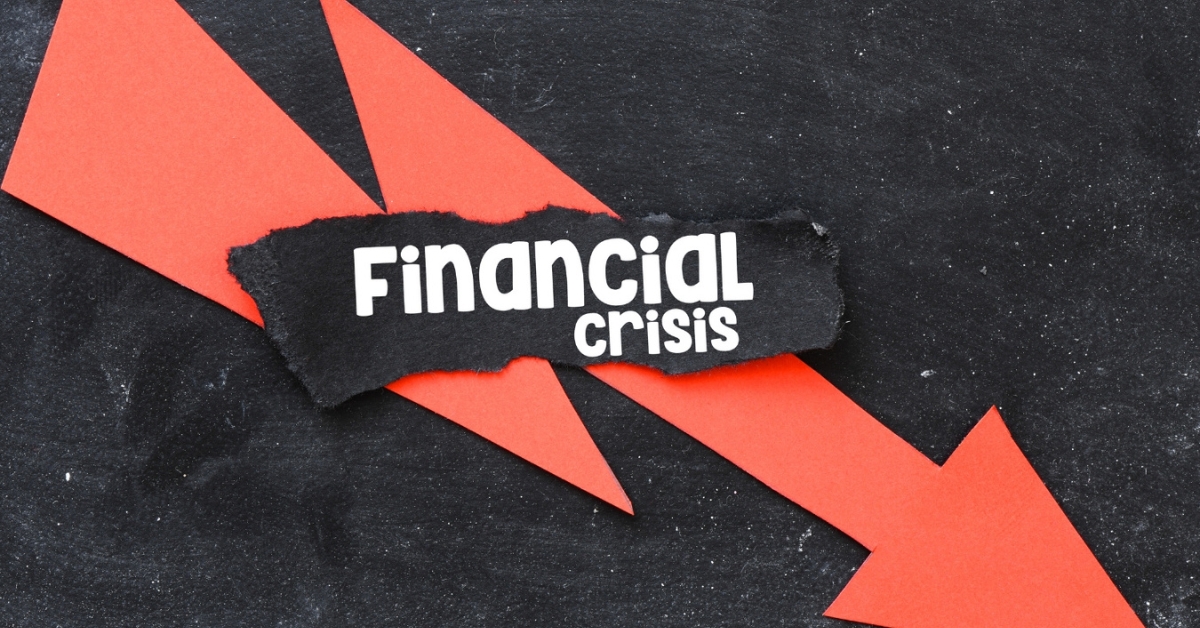Introduction
This blog delves into the causes, profound effects, and lessons learned from financial crises, highlighting their impact on the modern economy and guiding strategies for future prevention.
Causes of Financial Crises
1. Excessive Leverage
Many financial crises have been precipitated by excessive debt accumulation by banks, corporations, or consumers. When entities rely too heavily on borrowed money without sufficient cash flow to meet their debt obligations, even minor economic shocks can precipitate a crisis.
2. Speculative Bubbles
Speculative bubbles occur when asset prices inflate based on unrealistic expectations about the future rather than fundamentals. When these bubbles burst, they can lead to severe market corrections that can trigger a financial crisis. The dot-com bubble of the late 1990s and the U.S. housing market crisis of 2007 and 2008 are prime examples.
3. Lack of Regulation
Inadequate financial regulation often allows risky financial practices to go unchecked. Before the 2008 financial crisis, for example, the lack of regulation in the derivatives market and poor standards for mortgage lending contributed to the collapse.
4. Global Imbalances
Economic disparities between countries regarding trade balances and capital flows can also lead to financial crises. Significant imbalances can create vulnerabilities in the global financial system, where problems in one country can easily spill over to others.
Consequences of Financial Crises
1. Economic Recession
Financial crises often lead to severe economic downturns. Businesses close, unemployment rises, and consumer spending drops significantly, further exacerbating the economic decline.
2. Government Intervention
In times of financial crisis, governments often intervene by bailing out failing banks or industries, implementing economic stimulus packages, and adjusting monetary policies. While these actions can help mitigate the effects of the crisis, they also lead to increased public debt.
3. Long-Term Unemployment
Financial crises typically result in prolonged unemployment issues. The loss of jobs not only affects immediate economic conditions but also leads to long-term socioeconomic challenges.
4. Loss of Public Trust
Crises often diminish confidence in financial institutions and governments, especially if the perceived causes involve corruption, mismanagement, or regulatory failures.
Lessons Learned
● Effective regulation can prevent financial markets from engaging in excessively risky behavior. Post-2008 reforms like the Dodd-Frank Wall Street Reform and Consumer Protection Act were designed to increase transparency and reduce risks in the financial sector.
● Banks and financial institutions must improve their risk management strategies to prevent or mitigate the impact of future crises. This includes a better assessment of credit risks and more conservative leverage practices.
● For countries, economic diversification can reduce dependence on a single sector or market, spreading out potential risks and making economies more resilient.
● Governments and central banks need to plan and prepare for potential economic shocks with appropriate fiscal and monetary policies that can be quickly implemented in times of crisis.
Conclusion
Studying past financial crises helps stakeholders develop strategies to reduce risk and severity, improve decision-making, and develop policies for better financial planning, while also providing lessons for stronger economic systems.
#FinancialCrises #EconomicRecession #RiskManagement #FinancialRegulation #EconomicPolicy
Categories



